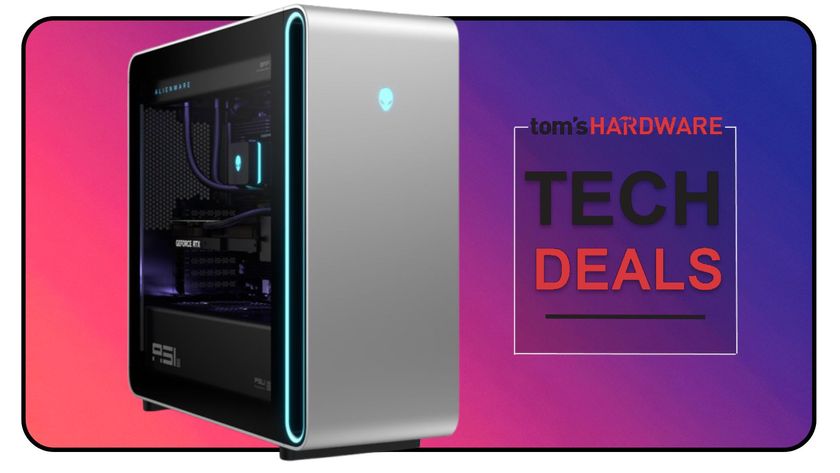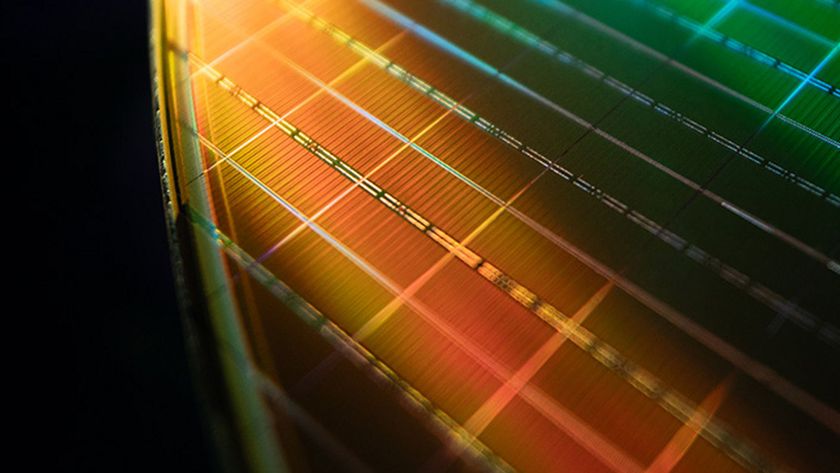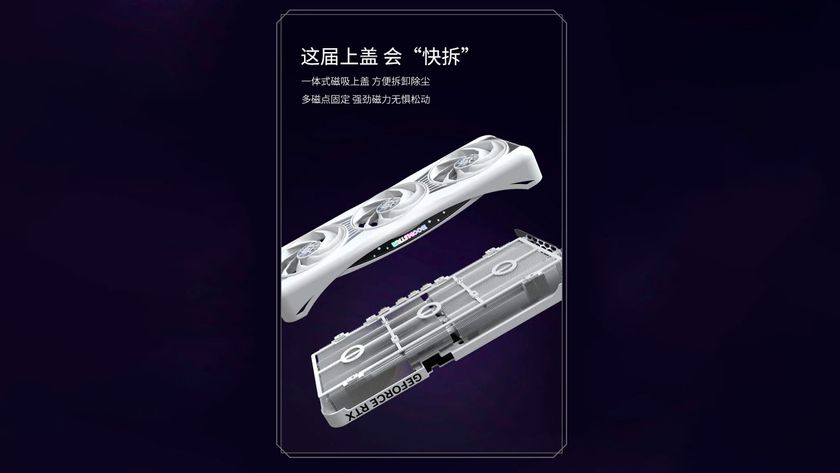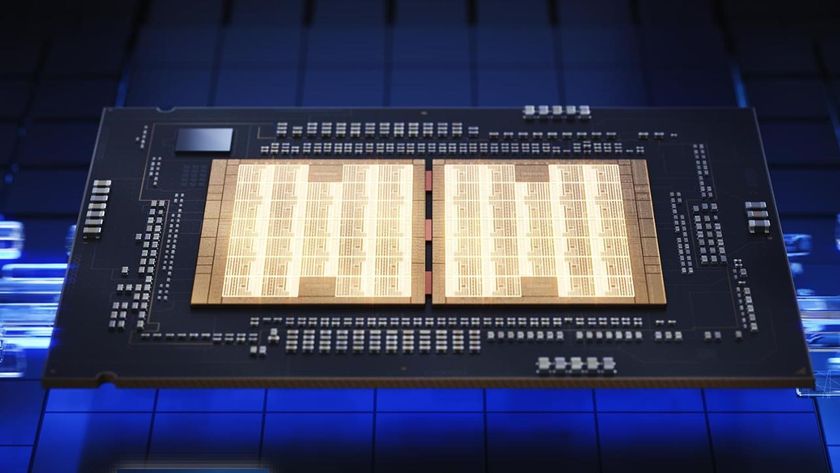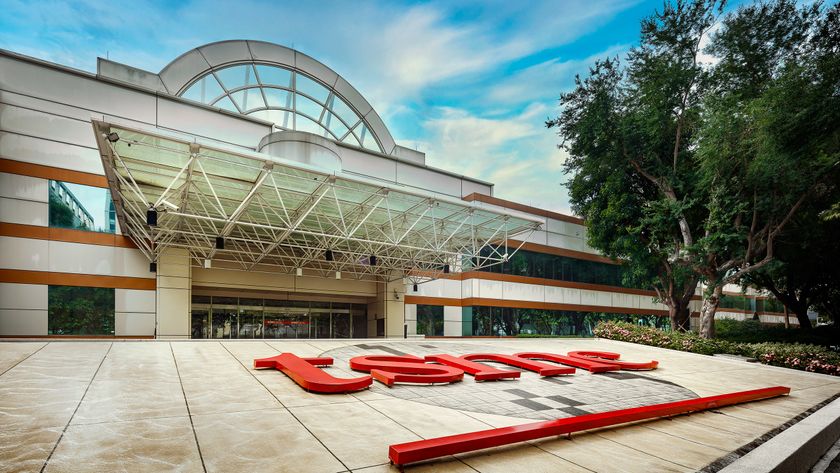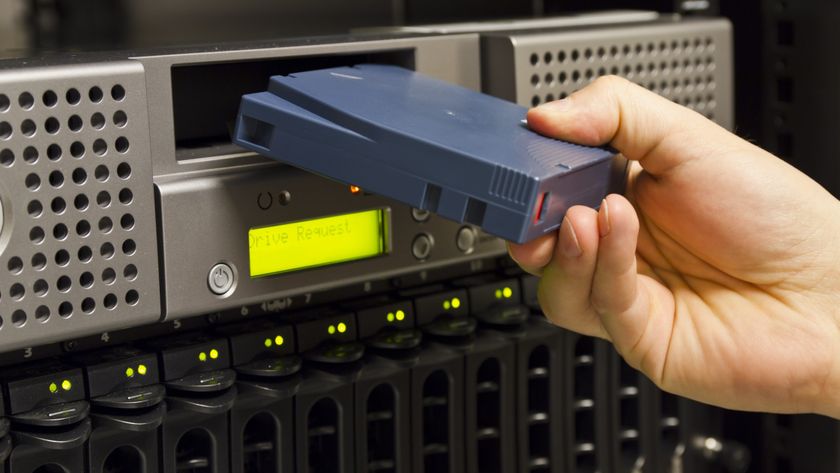Dell's $35 AlienFX cable kit makes Alienware Area-51 desktop compatible with third-party motherboards
Additional nuts to support aftermarket Micro-ATX motherboards are also included.
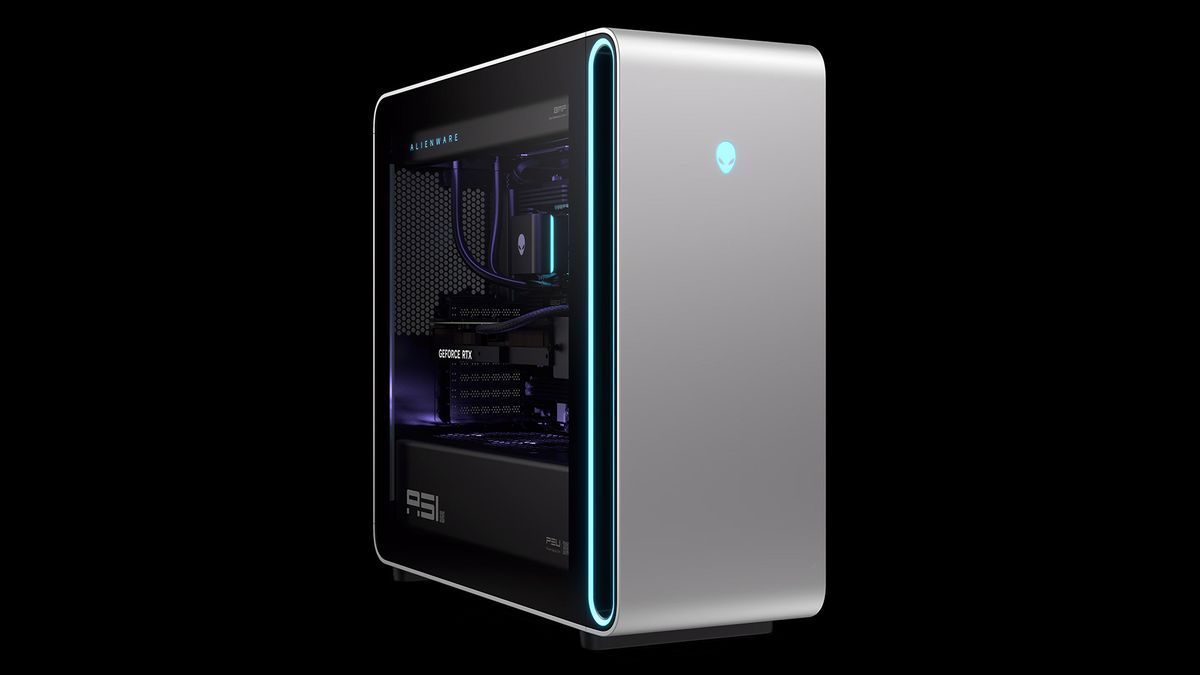
Dell is giving some of its Alienware gaming PCs (or one, at least) additional flexibility by enabling compatibility with third-party motherboards. The system maker has provided a new AlienFX board cable conversion kit for its flagship Alienware Area-51 gaming desktop, which provides all the necessary equipment to swap out the Area-51's built-in motherboard with a third-party ATX or Micro-ATX motherboard. The kit can be bought at Dell's online store for $34.99.
The kit comes with a 4-pin power switch wiring cable, fan power bridge wiring cable, USB dongle extension, and a bag of three nuts. The power switch wiring cable is responsible for providing a connection to the Area-51's power button. The fan power bridge wiring cable provides compatibility with the Area 51's rear fan controller. The USB dongle extension converts the right-angled USB 3.0 front panel internal plug from 90 degrees to a traditional connector for improved compatibility.
Finally, the extra nuts provide compatibility for Micro-ATX motherboards. Dell also has an online video tutorial showing users how to swap the OEM board with a third-party counterpart.
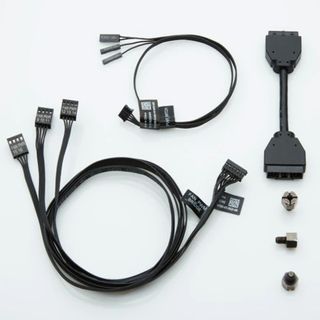
While the kit provides all the necessary hardware to make third-party motherboards from Gigabyte, MSI, Asus, Biostar, and others work in the Area-51, there are a few caveats.. Dell does not provide official support for third-party motherboards paired to the Area-51, and does not guarantee compatibility.
The latter is most likely referring to internal port selection. For example, if you put a barebones $60 Micro-ATX motherboard in the Area-51, it is unlikely to have enough fan ports or connectors to support all of the Area-51's fans, lights, and connectors.
Another caveat is compatibility with the Area-51's internal power supply, which takes advantage of the still-emerging ATX12VO standard. Most motherboards on the market (even the latest ones) do not support ATX12VO, instead using the older ATX 24-pin standard. Third-party boards will need to support ATX12VO if users want to take advantage of the built-in PSU. The good news is that the Area-51's power supply can be switched out for a conventional model if needed.
Regardless, Dell's decision to support aftermarket motherboards is certainly welcome. There are a number of advantages to having aftermarket compatibility. Customers are not locked down to Dell's ecosystem if they need greater functionality from their system, such as more I/O, more M.2 slots, more DIMM slots (there are only two on the OEM motherboard at least right now), or a beefier power delivery system for overclocking.
And if the built-in OEM motherboard dies, users aren't limited to buying a replacement from Dell; they can replace the board with a third-party option, which might be a cheaper alternative if the system's warranty has expired.
The kit should also let those who really like the look and quality of the case they paid for to keep using it for several years after the existing hardware is past its useful gaming life. With the price of PC cases (and likely many other things) seemingly on the rise, anything that helps us hang onto existing hardware for longer is welcome at this point.
Stay On the Cutting Edge: Get the Tom's Hardware Newsletter
Get Tom's Hardware's best news and in-depth reviews, straight to your inbox.

Aaron Klotz is a contributing writer for Tom’s Hardware, covering news related to computer hardware such as CPUs, and graphics cards.
-
DS426 Nope, still a no-go -- shouldn't have to spend even more to get standard ATX compatibility that should have been there in the first place.Reply -
thestryker It makes sense that Dell doesn't want to derail their manufacturing lines for what is undoubtedly a low volume portion of their market. While this solution isn't great it's significantly better than having to DIY everything which is what the situation has been. I'm somewhat surprised they shifted over to 12VO from their proprietary power connector, but this likely wasn't a huge deal since they were using something similar before the spec was ratified. Unfortunately this is likely to be the biggest barrier as the number of 12VO motherboards on the consumer market is tiny.Reply -
stonecarver The big shift is Dell is listening. Not a prefect solution but one even I didn't ever expect from them.:spamafote:Reply -
usertests Reply
Just factor the cost of the kit into any sale price. See the Alienware, add $35 to the price in your head.DS426 said:Nope, still a no-go -- shouldn't have to spend even more to get standard ATX compatibility that should have been there in the first place.
These OEM pre-built PCs shouldn't be bought by enthusiasts unless they are heavily discounted anyway. -
VizzieTheViz Well it’s better than nothing I guess, though I don’t see great value in having to pay $35 for $3 worth of cables and nuts.Reply
Just include this with the systems and make them a few bucks more expensive. They’re already overpriced anyway so nobody is going to notice.
Still the least they could do is absolutely nothing so this is kind of a nice move by dell for people wanting to put another mainbiard in such a system. -
Notton I think it's a good gesture and good direction for dell.Reply
Who knows what the next 10~20years of desktop PCs will look like, but at least you can reuse the case for a retro build by the time 2050 rolls around.

